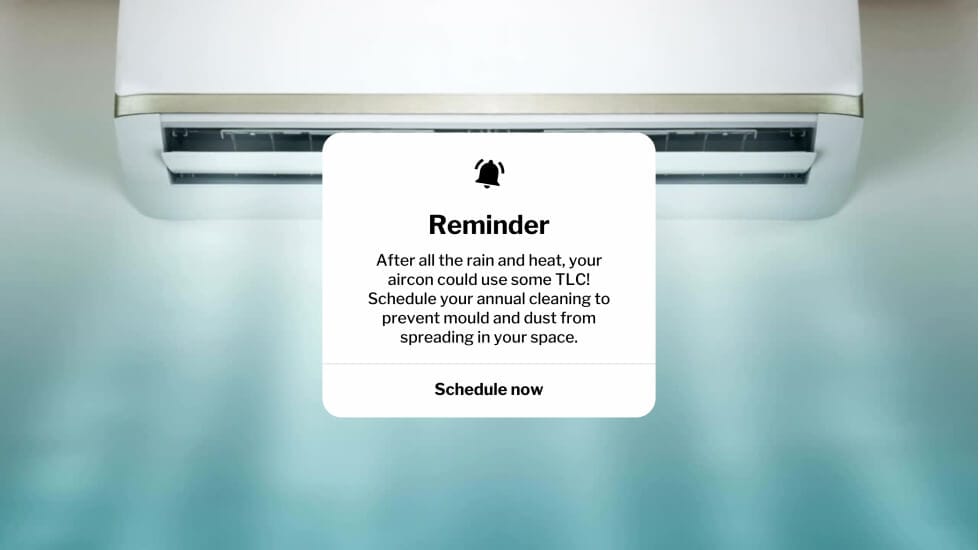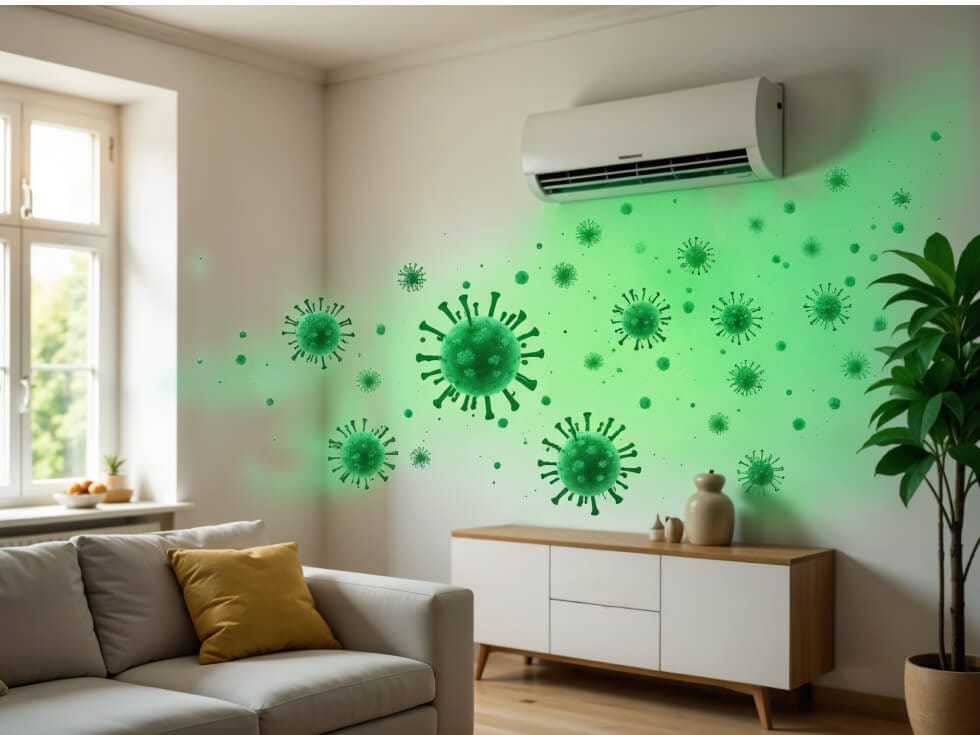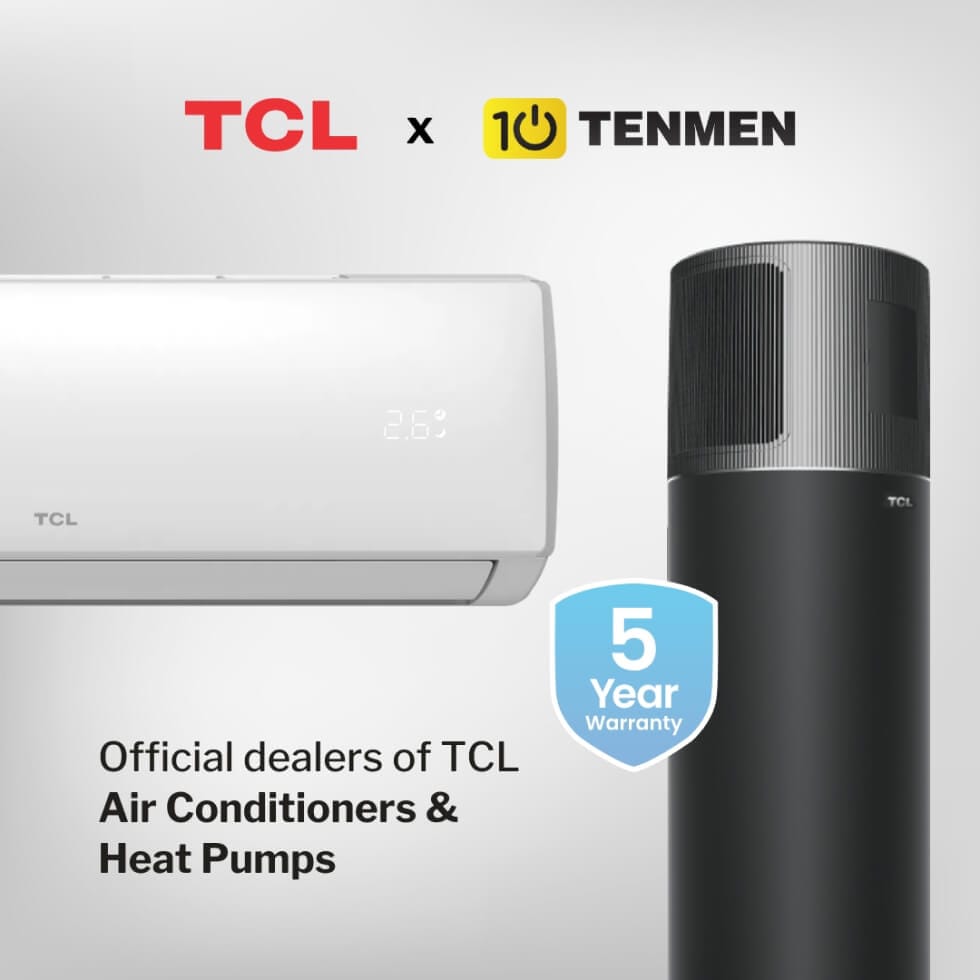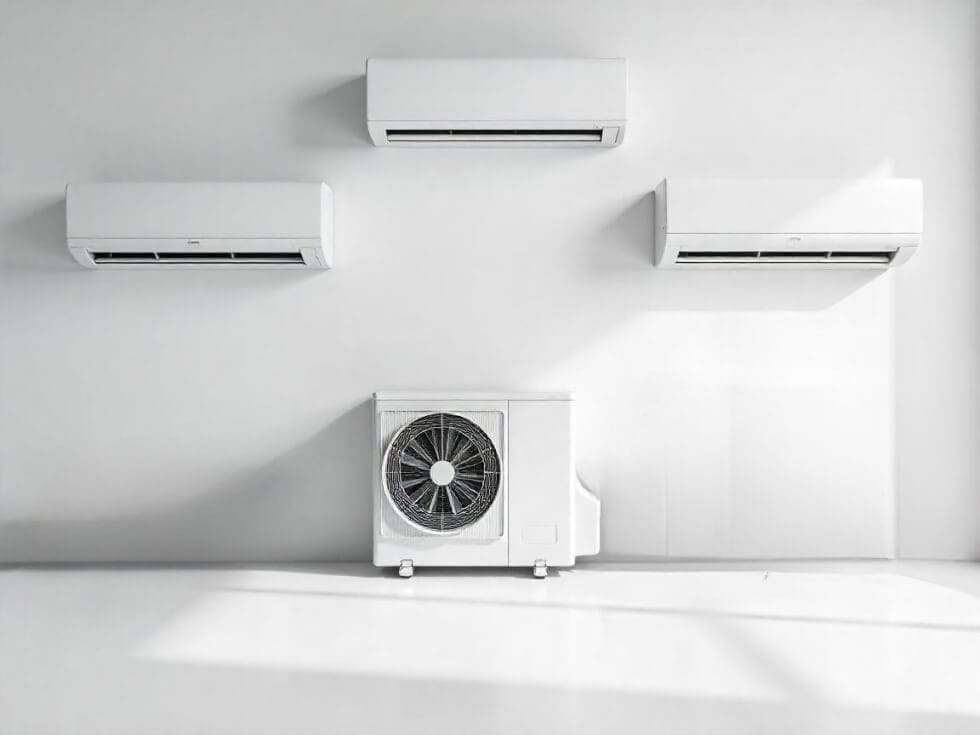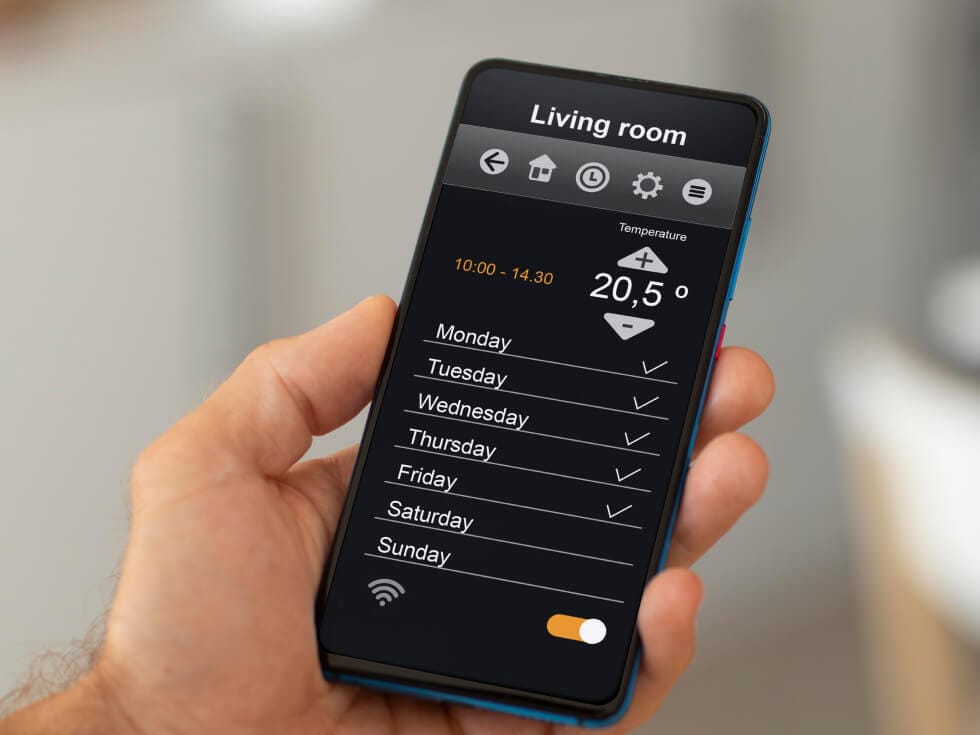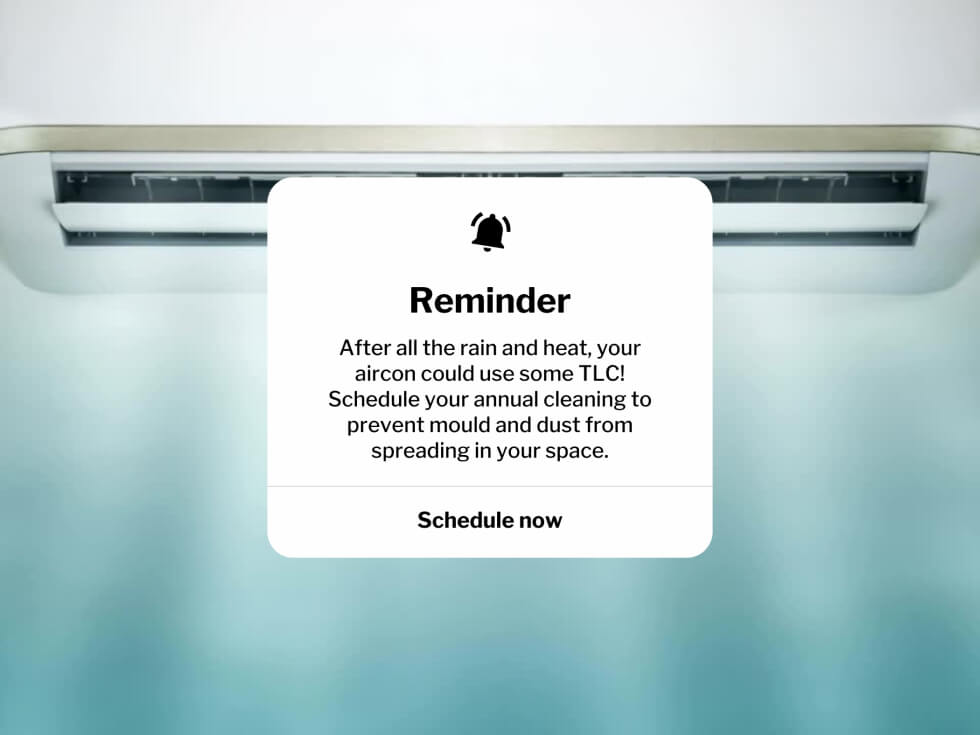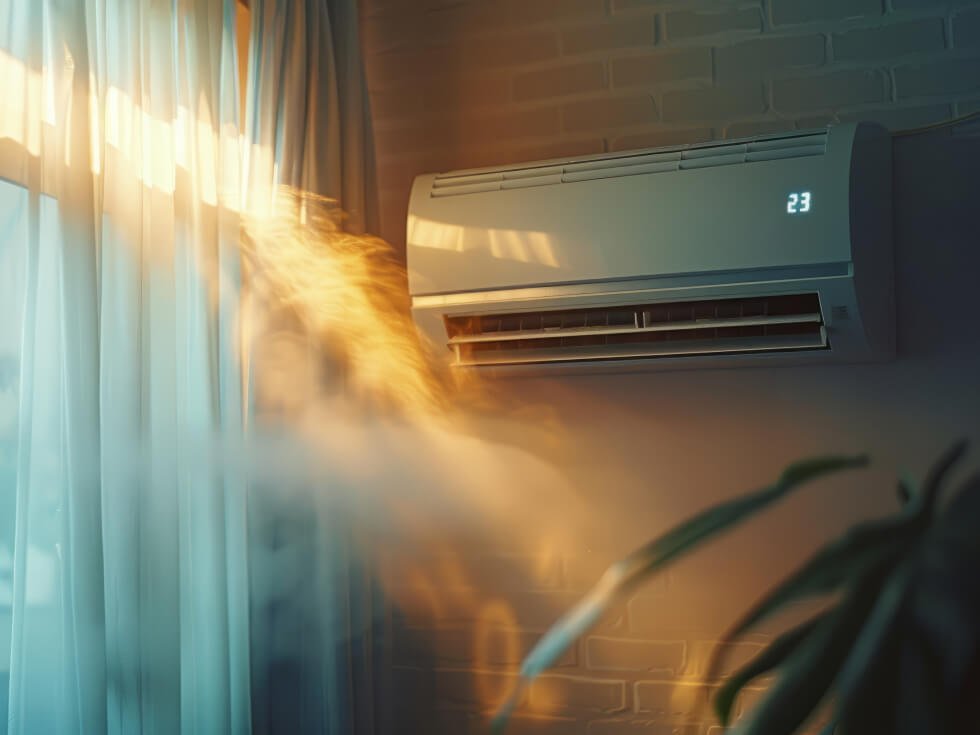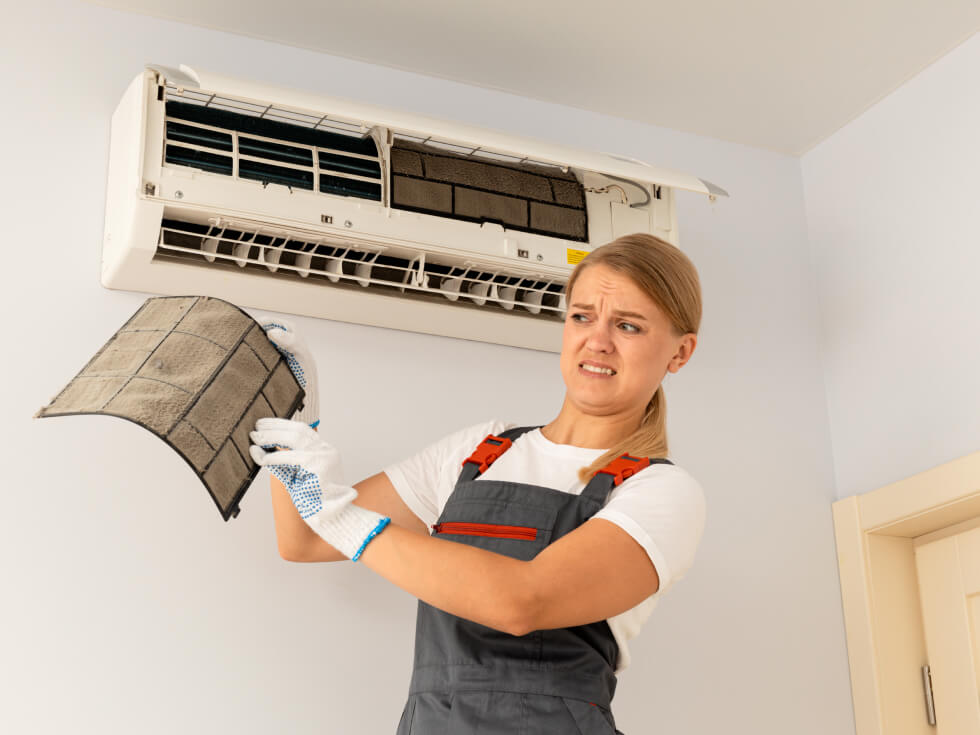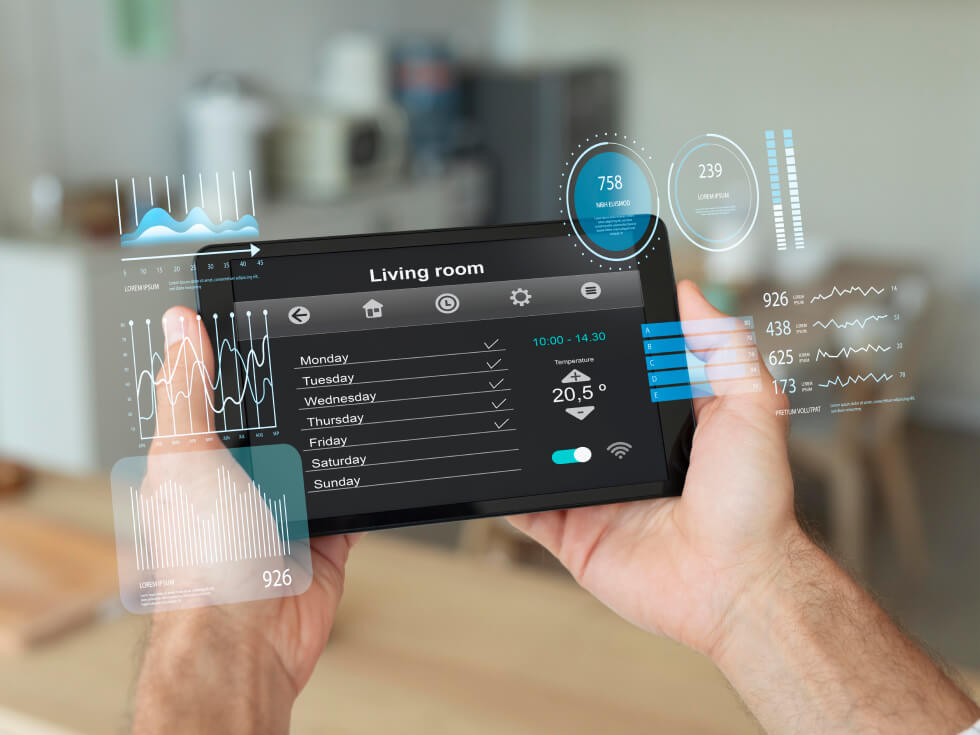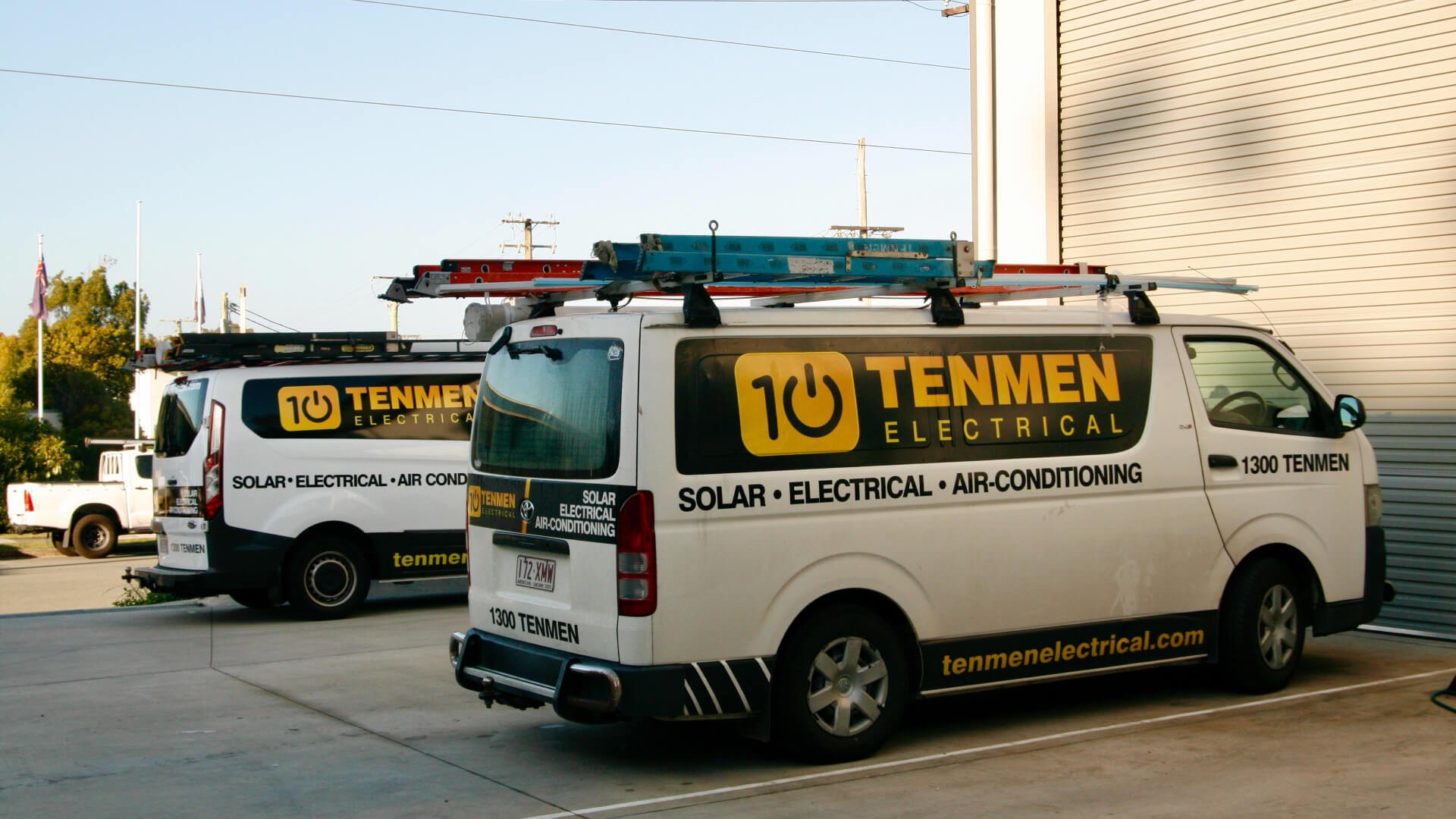In Australia, we rely heavily on air conditioning to beat the heat. Yet, for many of us, our cool havens can become sources of discomfort. Air conditioner allergy is a growing concern, affecting indoor air quality and causing respiratory issues for countless Aussies. We’ll explore how proper maintenance can turn your AC from a potential health hazard into a breath of fresh air.
Dirty air cons are breeding grounds for allergens. Regular cleaning is crucial. By wiping down filters every 2-3 weeks, we can dramatically boost air quality. Yearly professional servicing keeps systems in top shape. For those battling severe allergies, electrostatic filters trap up to 90% of airborne nasties.
Some split systems boast titanium apatite photocatalytic filters, offering a high-tech solution to air purification. As pollen counts rise, upgrading to a system with advanced allergen filtration might be worth considering. Reverse-cycle units are particularly effective, trapping dust and allergens before they circulate.
Key Takeaways
- Clean AC filters fortnightly to improve air quality
- Book annual professional servicing for optimal performance
- Consider electrostatic filters for enhanced particle trapping
- Reverse-cycle systems are cleaner choices for allergy sufferers
- Maintain humidity levels between 40-50% to prevent mould growth
- Opt for high-efficiency particulate air (HEPA) filters when possible
- Ensure proper ventilation to reduce indoor allergen concentrations
Common Symptoms of Air Conditioner Allergy
Air conditioner allergies can manifest in various ways. Symptoms often include sneezing, coughing, fatigue, and breathing difficulties. Some people may experience dry skin, headaches, watery eyes, or even digestive issues. These reactions are typically caused by pollutants circulating through the air conditioning system.
How air conditioners impact indoor air quality
While air conditioners can improve indoor air quality by controlling temperature and humidity, they can also harbour harmful contaminants. A poorly maintained system may circulate pollen, dust mites, pet dander, and mould spores throughout your home or office. This circulation of airborne irritants can trigger allergic reactions and respiratory problems.
The role of airborne irritants in allergic reactions
Airborne irritants play a significant role in air conditioner allergies. Common culprits include pollen, dust mites, pet dander, and mould spores. These particles can accumulate in air conditioning systems, especially if filters are not regularly cleaned or replaced. When the air conditioner runs, it can spread these irritants, potentially causing or exacerbating allergic reactions.
| Allergen | Source | Potential Impact |
|---|---|---|
| Pollen | Outdoor plants | Seasonal allergies, hay fever |
| Dust mites | Bedding, carpets | Asthma, skin irritation |
| Pet dander | Cats, dogs | Respiratory issues, eye irritation |
| Mould spores | Damp areas | Respiratory problems, skin rashes |
By understanding these factors, we can take steps to maintain our air conditioning systems properly and improve our indoor air quality, reducing the risk of allergic reactions and ensuring a healthier living environment.
The Impact of Dirty Air Conditioners on Allergies
Neglected air conditioners play a significant role in worsening allergy symptoms. These systems can become breeding grounds for various allergens, leading to increased circulation of irritants throughout our homes and offices.
Dirty air conditioning units create ideal environments for mould exposure. In high-humidity areas, moisture accumulation on cooling coils and in ducts promotes mould growth. As the system operates, it releases mould spores into the air, triggering allergic reactions in sensitive individuals.
Dust mites thrive in the humid conditions created by poorly maintained air conditioners. As these systems circulate air, they stir up dust mites and their waste products, exacerbating allergy symptoms for many people.
Pollen particles, brought in from outside, can get trapped in dirty filters and coils. When the air conditioner runs, these particles are redistributed, causing problems for those with pollen allergies.
| Allergen | Impact | Prevention |
|---|---|---|
| Mould | Triggers respiratory issues | Regular coil cleaning |
| Dust Mites | Causes skin irritation | Maintain 40-50% humidity |
| Pollen | Induces hay fever symptoms | Use HEPA filters |
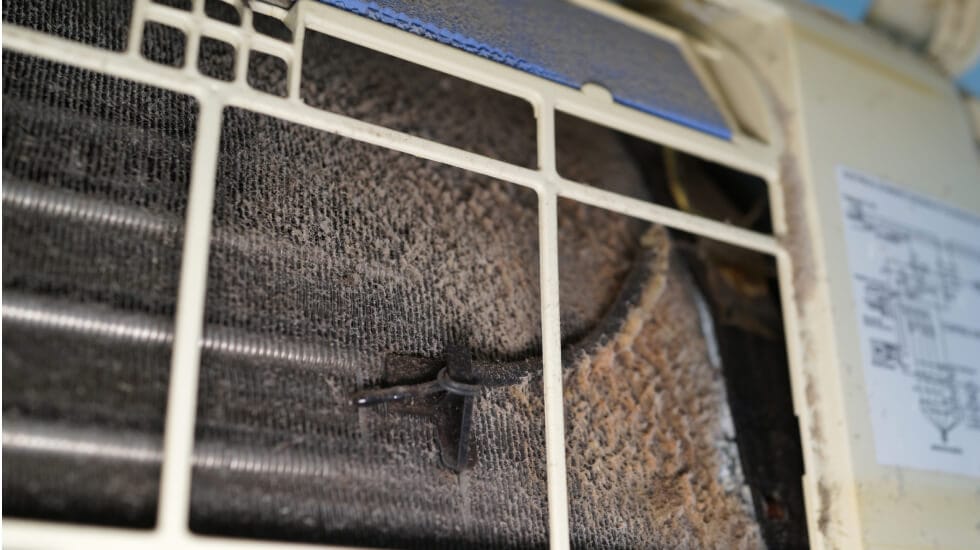
Essential Air Conditioner Maintenance for Allergy Prevention
Air conditioner maintenance plays a crucial role in preventing allergies and maintaining a healthy indoor environment. By implementing a few key practices, we can significantly reduce allergens and improve air quality in our homes.
Regular filter cleaning and replacement
One of the most important aspects of air conditioner maintenance is regular filter replacement. Filters trap dust, pollen, and other airborne particles, preventing them from circulating in your home. We recommend changing filters every 1-3 months, depending on usage and environmental factors. This simple step can greatly reduce allergens and improve overall air quality.
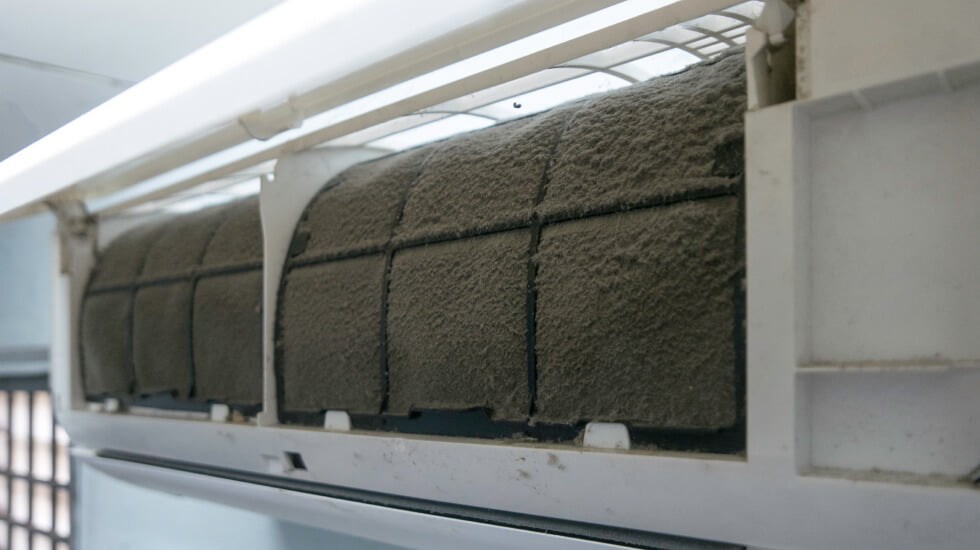
Cleaning cooling coils and condensers
Keeping cooling coils and condensers clean is essential for preventing mould growth and maintaining optimal performance. Regular cleaning of these components helps prevent the buildup of allergens and ensures your air conditioner operates efficiently. For best results, we suggest cleaning these parts at least once a year.
Professional servicing and maintenance schedule
While regular DIY maintenance is important, professional servicing is equally crucial. A professional technician can inspect and clean hard-to-reach components, and literally wash your machine, ensuring your system is thoroughly cleaned and operates at peak efficiency. We recommend scheduling professional servicing annually to keep your air conditioner in top condition and minimise allergen buildup.
Regular filter replacement, cleaning of components, and professional servicing are key steps in preventing air conditioner-related allergies and ensuring optimal air quality in our homes.
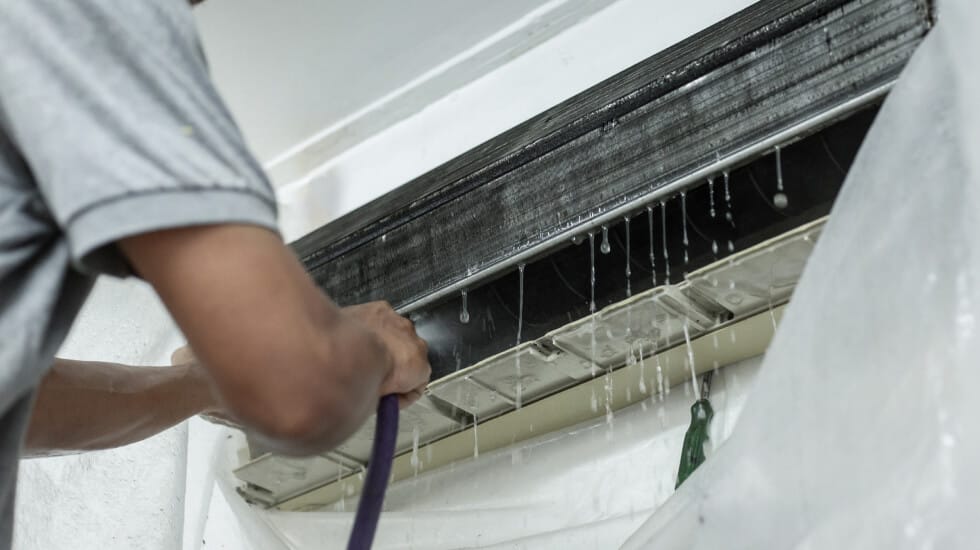
Improving Indoor Air Quality with Proper AC Use
Proper air conditioner use plays a crucial role in enhancing indoor air quality. By maintaining optimal humidity levels between 40-50%, we can effectively reduce dust mites and other allergens that thrive in moist environments. This practice is particularly important, as a study found that at least 80% of homes in coastal Australia have high concentrations of house dust mite allergens.
Regular use of your AC’s self-cleaning function, if available, helps prevent the buildup of allergens within the system. For those dealing with persistent respiratory issues, complementing your AC with air purifiers equipped with high-efficiency particulate air (HEPA) filters can be highly beneficial. These filters are capable of capturing nearly 98% of allergen particles in the air, significantly improving indoor air quality.
Ventilation problems can exacerbate allergy symptoms. To combat this, ensure adequate airflow by using exhaust fans and opening windows when weather permits. This practice helps reduce indoor air pollution and alleviates respiratory issues associated with poor air quality.
| AC Practice | Benefit | Impact on Indoor Air Quality |
|---|---|---|
| Maintain 40-50% humidity | Reduces dust mites and allergens | High |
| Use self-cleaning function | Prevents allergen buildup | Medium |
| Complement with HEPA air purifiers | Captures 98% of allergen particles | High |
| Ensure proper ventilation | Reduces indoor air pollution | Medium |
Advanced Filtration Systems for Allergy Sufferers
For those battling allergies, advanced filtration systems can be a game-changer. These systems offer superior air purification, helping to create a cleaner, more comfortable indoor environment.
HEPA Filters and Their Benefits
HEPA (high-efficiency particulate air) filters are known for their exceptional ability to trap microscopic particles. These filters can remove up to 99.7% of airborne contaminants, including dust, pollen, and mould spores. This level of filtration is particularly beneficial for allergy sufferers, as it significantly reduces the presence of common allergens in the air.
Electrostatic Filters for Enhanced Air Purification
Electrostatic filters use an electric charge to attract and capture airborne particles. These filters can trap up to 90% of particles without impacting airflow. Many modern air conditioning systems, like those from Mitsubishi Electric, incorporate electrostatic filtration technology to improve indoor air quality.
Specialised Anti-Allergen Filters
Some manufacturers offer specialised anti-allergen filters designed to combat specific allergens. For example, Mitsubishi Electric’s Plasma Quad Connect system uses two-stage plasma technology to inhibit six key indoor pollutants: influenza virus, bacteria, PM2.5, allergens, mould, and dust. This system can capture particles as small as 2.5μm, which are up to 30 times smaller than a human hair.
| Particle Removal Efficiency | Maintenance Frequency | |
|---|---|---|
| HEPA Filters | 99.7% of microscopic particles | Every 6-12 months |
| Electrostatic Filters | Up to 90% of airborne particles | Every 3-6 months |
| Plasma Quad Connect | Particles down to PM2.5 | Every 3 months |
These advanced filtration options provide superior air purification for those with severe allergies or sensitivities. By choosing the right system and maintaining it properly, allergy sufferers can significantly improve their indoor air quality and reduce their symptoms.
Managing Humidity Levels to Reduce Allergens
Proper humidity control plays a crucial role in mould prevention and dust mite reduction. We recommend keeping indoor humidity levels between 40% and 50% to create an environment less hospitable for allergens. This range strikes a balance, discouraging mould growth while also making it difficult for dust mites to thrive.
In Australia’s varied climate, maintaining optimal humidity can be challenging. During humid periods, using a dehumidifier can help keep moisture levels in check. Conversely, in drier seasons, a humidifier might be necessary to prevent air from becoming too dry, which can irritate airways and worsen allergy symptoms.
To effectively manage humidity and reduce allergens, consider these practical steps:
- Use exhaust fans in kitchens and bathrooms to remove excess moisture
- Ensure proper ventilation when using clothes dryers
- Clean or replace mouldy shower curtains regularly
- Store food in sealed containers to prevent attracting pests
- Vacuum weekly with a HEPA filter vacuum cleaner
By implementing these strategies, we can create a healthier indoor environment that minimises allergen growth and supports better respiratory health.
| Humidity Level | Effect on Allergens | Recommended Action |
|---|---|---|
| Below 30% | Allergens dry out, increasing inhalation | Use a humidifier |
| 40-50% | Ideal for reducing allergens | Maintain this range |
| Above 50% | Promotes dust mite and mould growth | Use a dehumidifier |
Choosing Allergy-Friendly Air Conditioning Systems
When it comes to allergy-friendly AC systems, we need to consider several factors. The right choice can make a big difference in managing allergies and improving indoor air quality. Evaporative cooling systems, like those from Brivis and Bonaire, offer great filtering and constant air refreshment. These units are ideal for those seeking effective cooling with air purification technology.
For those after more advanced options, refrigerated systems such as Daikin split systems provide top-notch air filtration. These units can trap tiny particles and neutralise bacteria, making them perfect for allergy sufferers. LG split systems also boast impressive air purification features, combining cooling power with allergy prevention.
It’s crucial to pick a system that matches your space. An undersized unit might struggle to filter air well, while an oversized one could lead to high humidity – a breeding ground for allergens. Ductless mini-split systems are worth considering as they don’t need ductwork, reducing potential allergen buildup.
Lastly, don’t forget about energy efficiency when choosing your system. Many allergy-friendly AC units now come with energy-saving features, helping you breathe easier without breaking the bank. By balancing allergy prevention, air purification technology, and energy efficiency, we can create a healthier, more comfortable home environment.
Need advice on choosing an air conditioner best suited for the Sunshine Coast climate? Or want to schedule professional maintenance for your existing system? Give us a call at Tenmen and we will be happy to help!
